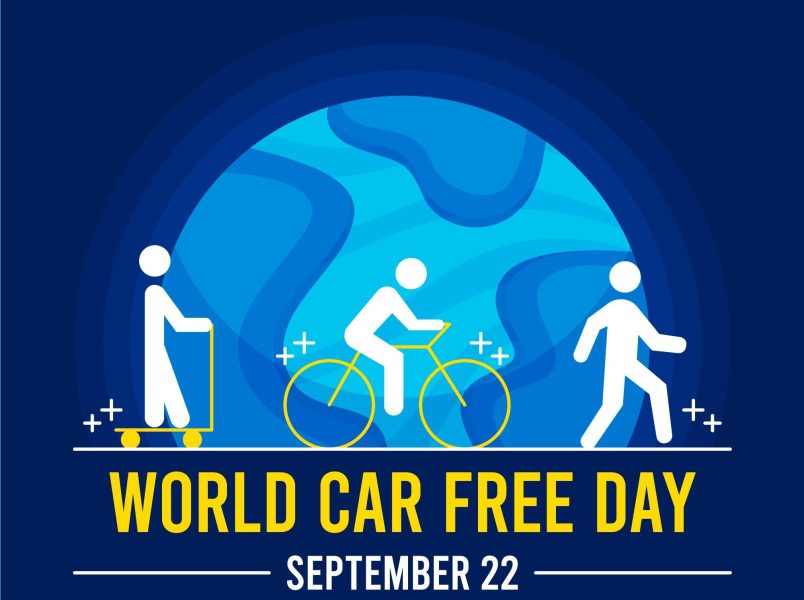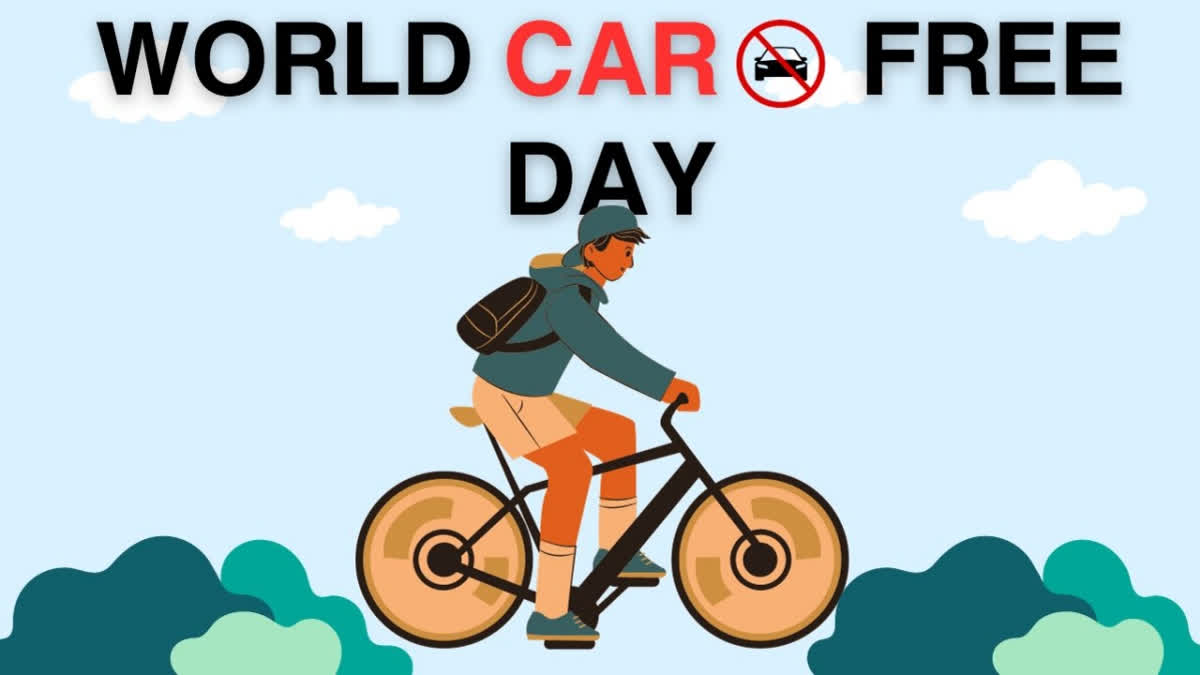Every year on September 22, we are encouraged to rethink our urban landscapes—it’s World Car-Free Day. This concept originated in 1998 when an environmentally-conscious politician in France launched an event called “In Town, Without My Car Today.” The initiative gained support from Paris and over thirty other French cities. On that day in 1998, residents of these 35 cities voluntarily opted not to use their private cars for commuting, marking it as a distinctive “Car-Free Day” within the city.
The aim was simple yet profound: during a period when environmental awareness was growing rapidly, this initiative sought to highlight issues like car exhaust pollution, traffic congestion, and energy consumption. While cars offer convenience, they also impose significant costs on urban environments—deteriorating air quality, pervasive noise pollution, congested streets filled with vehicles leaving little room for pedestrians.
World Car-Free Day aims to give people a firsthand experience of what urban life could be like without cars. Participating cities often implement measures such as restricting motor vehicles from entering downtown areas while setting up temporary pedestrian zones and dedicated bicycle lanes. Various activities like street performances and community markets are organized as well. With fewer cars on the roads, streets become quieter; air feels cleaner; people walk or cycle freely; they might even stop for conversations with neighbors—reconnecting with the heartbeat of their city.

This experience serves to raise public awareness about environmental issues while making clear how air pollution affects health directly. It encourages individuals to consider cleaner transportation options like walking, cycling or using public transit—not just better for the environment but also beneficial for personal health—fostering closer community ties while enhancing overall urban quality of life.
September 22nd is about choices—experiencing change firsthand—it reminds us that cities are meant for living rather than merely serving as thoroughfares for vehicles. By reducing dependence on cars we can create more human-friendly spaces making our urban areas more livable places overall.

From its beginnings in several French cities World Car-Free Day has grown into a global movement embraced by countless cities worldwide advocating greener travel alternatives reminding everyone how even small decisions regarding daily commutes impact both environment & personal well-being positively contributing towards healthier happier lives.
So let’s join together measuring warmth within our communities through steps taken & wheels turned experiencing freshness vibrancy brought forth each year by celebrating World Car-Free Day!
